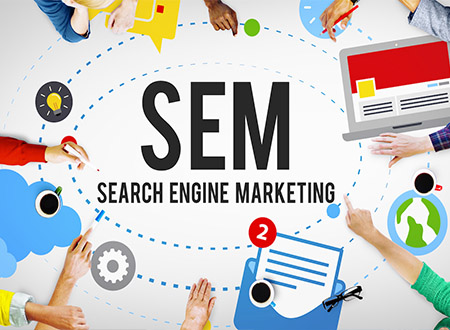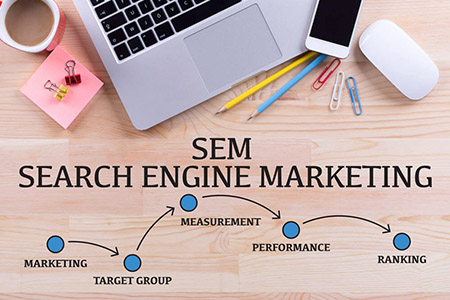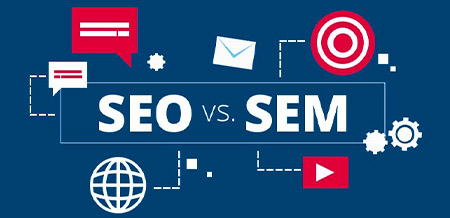SEM Overview
When it comes to attracting visitors to your website, there are a variety of options. "Search Engine Marketing" often refers to paid search marketing, which is a system in which businesses pay Google to have their adverts shown in search results. It's one of the most efficient methods to expand your company & attract more new customers. The majority of online consumers have a strong desire to buy something. Therefore, search engine advertising is one of the most cost-effective abilities to connect your organization with high-converting clients and increase revenue. SEM advertising allows you to take advantage of consumer online behavior and target your ads to them exactly when they're looking for your brand's offerings and ready to buy.

















